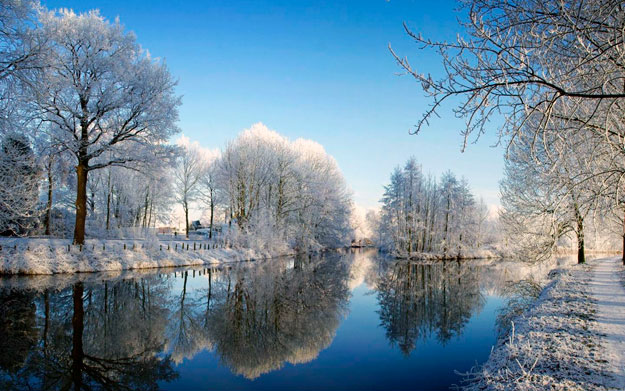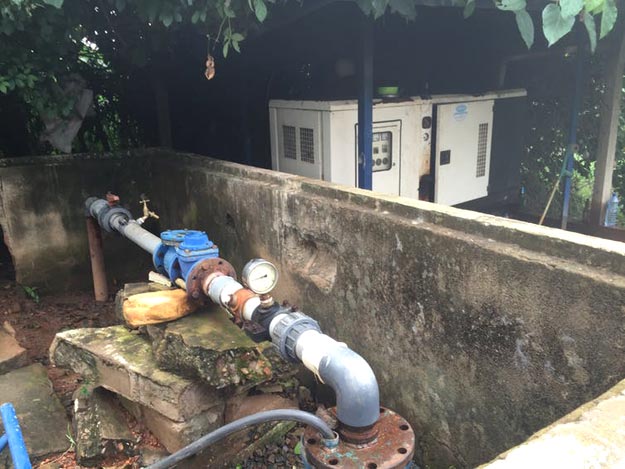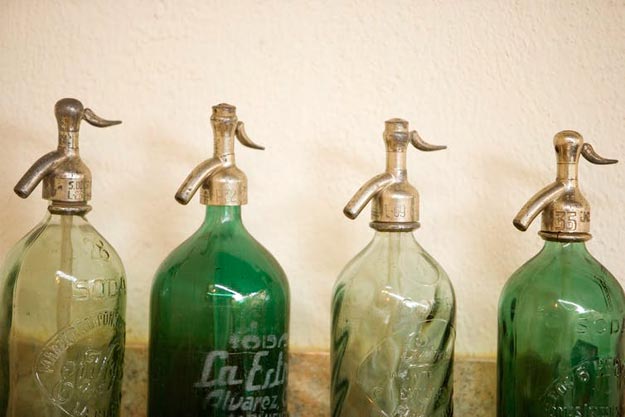Climate change is likely to intensify the alarming rate of degradation of the world’s rivers and wetlands unless water resources are better managed, according to a special issue of the international scientific journal Marine & Freshwater Research published online today.

Rain – Falling drops of water. The image was made from four big photos and downsized for better quality.
Rainfall runoff and water availability will be increasingly affected in the next four decades, with the tropics probably getting wetter and dry regions becoming drier, say leading water researchers in the issue, which is devoted to problems caused by water resource development and to providing solutions for improved management in an era of climate change.
Climate modelling is also predicting increases in the extremes of floods and droughts. As well, increasing temperatures are causing rivers around the world to change their flow patterns, particularly where they rely on snow melting.
Rivers and wetlands are already degrading more than any other ecosystem – with growing impacts on global biodiversity and on human communities that depend on river flows, says UNSW’s Professor Richard Kingsford, Director of the Australian Wetlands and Rivers Centre, who edited the special issue. “The world is watching how Australia manages the over-allocation of rivers caused by dam-building and increasing effects of climate change,” says Professor Kingsford. Read more











